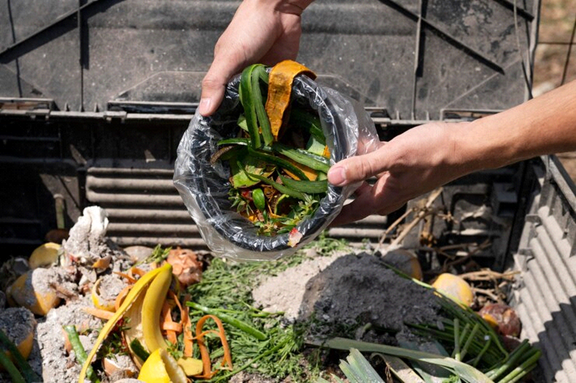Food waste is a serious global issue, with approximately one-third of all food produced for human consumption going to waste. This not only increases hunger but also contributes to environmental degradation, wasting resources like water, energy, and land. Reducing food waste is key to creating a sustainable future, and individuals and communities can play a significant role in this effort.
Understanding Food Waste
Food waste occurs at various stages, from production and processing to retail and consumption. In homes, common culprits include over-purchasing, poor meal planning, and misunderstanding expiration dates. Recognizing the sources of food waste is the first step toward effective reduction.
The Impact Of Food Waste
Food waste has effects outside of the kitchen. When food decomposes in landfills, it produces methane, a greenhouse gas far more potent than carbon dioxide. Moreover, wasted food represents wasted resources—water used for irrigation, energy consumed for transportation, and labor invested in production. By addressing food waste, we can reduce pressure on the environment while protecting precious resources.
Strategies For Reducing Food Waste

Meal Planning:
Organizing meals is one of the best strategies to cut down on food waste. By creating a weekly menu and shopping list, you can buy only what you need, minimizing need purchases and excess food.
Smart Shopping:
Avoid shopping when hungry, as this often leads to buying unnecessary items. Stick to your list and consider purchasing imperfect fruits and vegetables, which are often discounted and just as nutritious.
Proper Storage:
Understanding how to store food correctly can extend its shelf life. For instance, keeping fruits and vegetables in the right conditions—like refrigerating certain items—can prevent spoilage. Use clear containers to see what you have and prioritize older items to ensure they are used first.
Creative Cooking:
Embrace creativity in the kitchen by using leftovers in new recipes. For example, stale bread can be transformed into croutons or breadcrumbs, while wilting vegetables can be added to soups and stews.
Understanding Dates:
Misunderstanding of “best before” and “use by” dates often leads to unnecessary waste. “Best before” indicates quality rather than safety, meaning food can often be consumed after this date. Educating yourself and others on these labels can help reduce waste.
Composting:
For food scraps that cannot be avoided, consider composting. Composting not only reduces waste sent to landfills but also creates nutrient-rich soil that can benefit gardens and plants.
Community Initiatives:
Get involved in local food recovery programs, where surplus food from restaurants and grocery stores is redirected to those in need. Supporting these initiatives can help bridge the gap between food waste and hunger.
Conclusion Reducing food waste is not just an individual responsibility; it requires collective action from consumers, businesses, and governments. By adopting mindful practices in our daily lives, we can significantly impact the reduction of food waste. Not only does this benefit our environment, but it also helps a culture of sustainability and respect for resources. Small changes can lead to big results, making food waste reduction an achievable goal for everyone. Together, we can create a more sustainable future and ensure that food reaches those who need it most.







